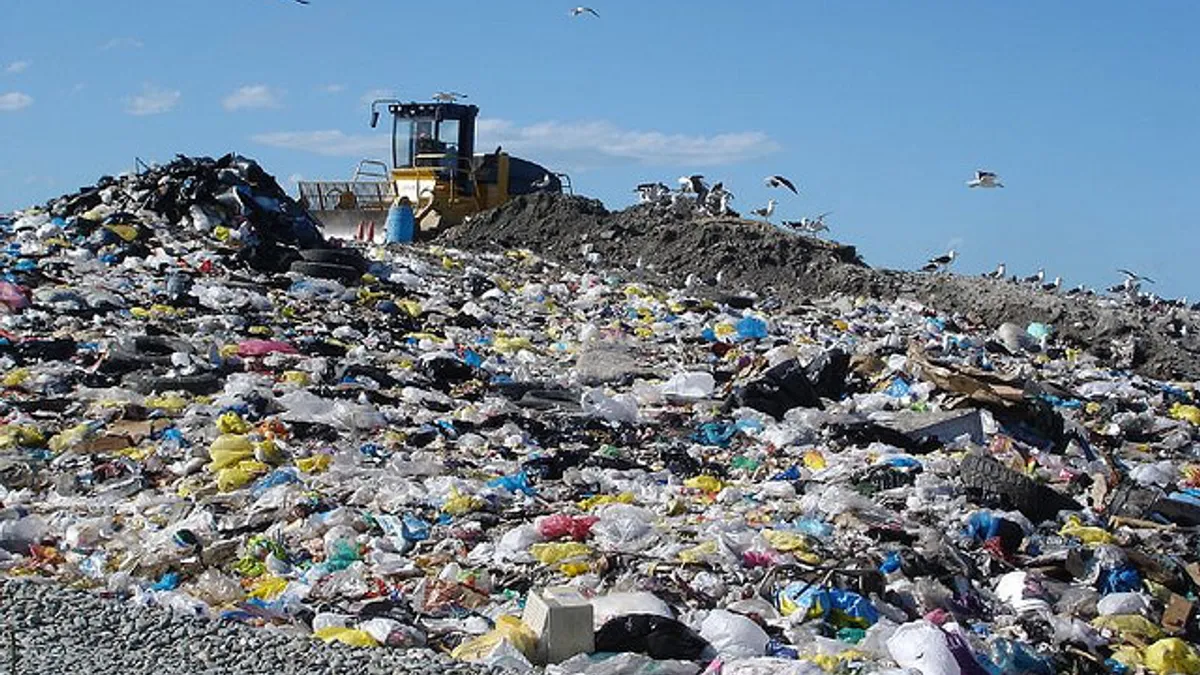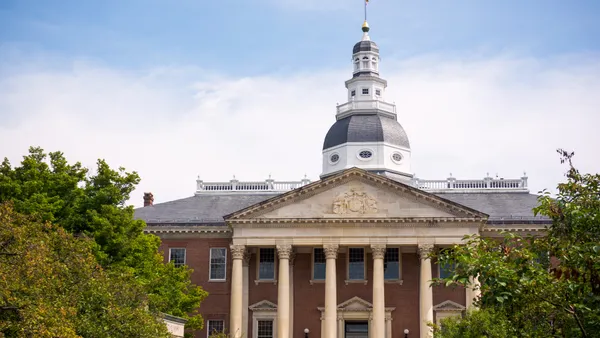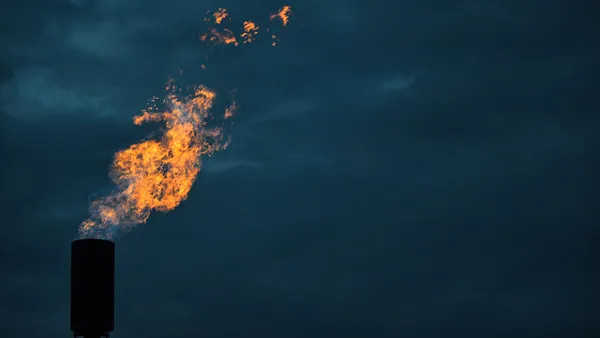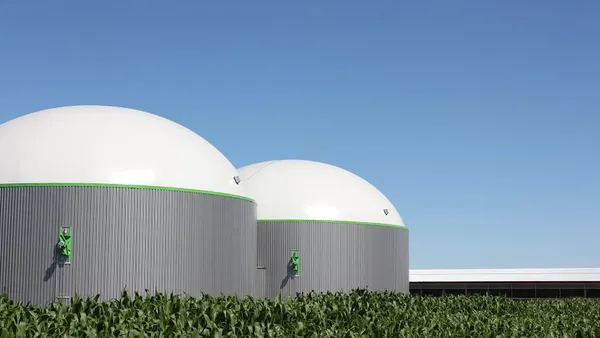Dive Brief:
- The average landfill tip fee in the U.S. increased to $50.60 as of May, up 3.5% from the end of 2016, according to new analysis from Waste Business Journal.
- Landfills in the Northeast remained the most expensive at $79.30, followed by $57.90 in the Pacific, $52.70 in the Midwest, $43.60 in the Southeast and $35.70 in the West.
- The largest increases occurred in the Midwest and the Southeast, by 8.9% and 6.6% respectively, due in part to their continued popularity as export destinations for the Northeast.
Dive Insight:
According to Waste Business Journal's ongoing surveys of nearly 2,000 landfills around the country, average tip fees have increased by 16.9% since 2010. This increase comes as landfill volumes reportedly dropped by 0.7% since the end of 2016. James Thompson, principal of Waste Business Journal, believes this decline is likely temporary or seasonal rather than part of a larger trend. Overall, he said that increased volumes from population growth have been balanced out by trends in the recycling stream including less paper and more lightweight plastics.
Thompson told Waste Dive that his team has also noticed increasing export volumes from the Northeast as landfills become more expensive or close entirely. The latest annual report from the Massachusetts Department of Environmental Protection showed an increase in export volumes for 2015 and projected that the state could potentially be left with only one landfill by 2021. Waste-to-energy combustion remain a common alternative in many Northeastern states, though Thompson said that in many cases those plants are already near capacity. In some cases, he said, it can also be less expensive for municipalities to pay export costs rather than tip fees at these facilities. One key factor in this equation is low energy prices, which have reduced revenue opportunities for some WTE operators. This was part of the inspiration behind a new law in Connecticut intended to improve the state's renewable energy credit market for WTE.
As for the states on the receiving end of all this waste — such as Virginia, Ohio, South Carolina, Kentucky, Michigan, Pennsylvania, and others — Thompson said the financial incentives often outweigh community concerns. As seen last year with a decision by Kentucky's Big Run Landfill to stop accepting out-of-state waste this isn't always the case, but in many instances these host community benefits can make up a sizable portion of local budgets. The latest annual report from Virginia's Department of Environmental Quality showed that imports increased by nearly 14% in 2016, driven partially by changing coal ash regulations in other states, and that could increase once Waste Management begins exporting material from New York under a new long-term contract.














